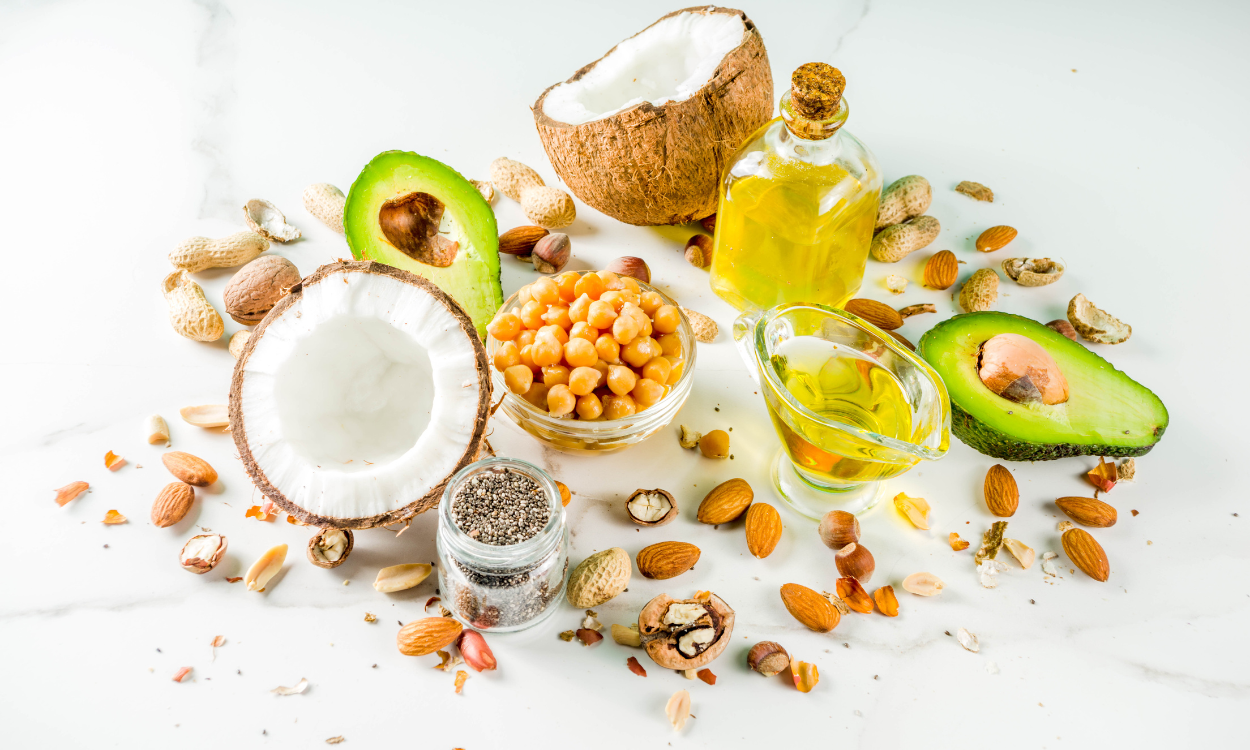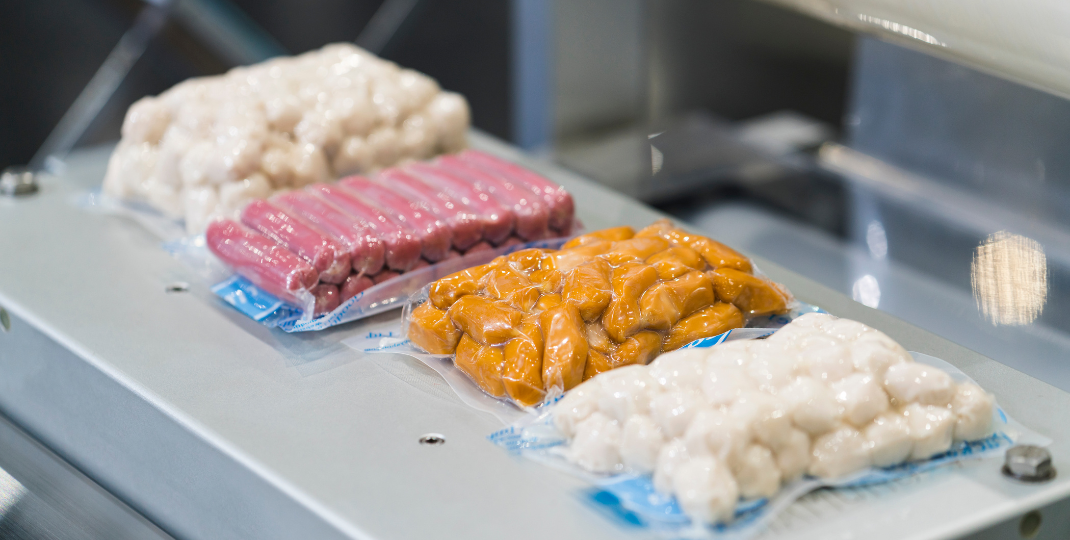Single cell protein (SCP) bacteria are a type of microorganisms that possess the ability to synthesize and accumulate large amounts of protein within their cells. These bacteria have gained significant attention in recent years due to their potential as an alternative and sustainable source of protein for human consumption. SCP bacteria can be cultivated on various organic waste and agricultural byproducts, making them an environmentally friendly solution to address the increasing global demand for protein. With their ability to rapidly multiply and efficiently convert substrates into protein, these bacteria offer a viable and scalable solution to tackle food security challenges and reduce the reliance on conventional protein sources. Moreover, SCP bacteria hold promise in various applications such as animal feed, dietary supplements, and even in the production of biofuels. As research and technology continue to advance, protein bacteria may play a crucial role in shaping the future of sustainable and accessible protein production.

What is the exact process by which protein bacteria produce protein?
protein bacteria, such as yeast or bacteria like Escherichia coli, produce protein through a complex process known as protein synthesis. This process involves the transcription of DNA into messenger RNA (mRNA), followed by translation of mRNA into protein. Initially, the DNA containing the protein-coding gene is transcribed by RNA polymerase to form mRNA. This mRNA molecule carries the genetic code from the DNA to the ribosomes, where protein synthesis occurs. The ribosome reads the mRNA sequence and assembles amino acids in the correct order according to the codons on the mRNA. Each codon codes for a specific amino acid. Transfer RNA molecules bring the corresponding amino acids to the ribosome, and they are linked together by peptide bonds to form a polypeptide chain. The polypeptide chain then folds into its functional three-dimensional structure, resulting in the production of a protein.

How is the nutritional value of protein bacteria compared to traditional sources of protein?
The nutritional value of protein bacteria is generally comparable to traditional sources of protein. protein bacteria, such as yeast or certain types of algae, are known to have high levels of essential amino acids, vitamins, and minerals. They can provide a good source of protein that is easily digestible and does not contain cholesterol or saturated fats like some traditional protein sources. However, the specific nutritional composition can vary depending on the type of bacteria and the growth conditions. Overall, protein bacteria can be a viable alternative to traditional protein sources, especially for individuals with dietary restrictions or those looking for sustainable and environmentally friendly options.
Can protein bacteria be used as a sustainable solution for feeding the growing global population?
Single cell protein (SCP) bacteria have the potential to be a sustainable solution for feeding the growing global population due to their high nutritional value and efficient production methods. SCP bacteria can be cultivated using various organic waste products as a food source, reducing the need for traditional agriculture and minimizing environmental impact. These bacteria can be grown in controlled environments, such as bioreactors, ensuring year-round production without relying on weather conditions or arable land availability. Additionally, SCP bacteria can be engineered to produce specific nutrients, making them a versatile and customizable source of protein. However, further research is needed to optimize production techniques, address safety concerns, and overcome consumer acceptance barriers before SCP bacteria can become a widespread solution for global food security.
Are there any potential health risks associated with consuming protein bacteria?
There are potential health risks associated with consuming protein bacteria. While these bacteria are considered safe for consumption, there can be certain concerns. Some bacteria may produce toxins or allergens that could cause food poisoning or adverse reactions in individuals with specific allergies. Additionally, the presence of harmful contaminants or pathogens in the production process or during storage and handling could pose health risks. Therefore, it is essential to ensure proper quality control measures and adhere to strict food safety regulations when producing and consuming protein bacteria.
How do the production costs of protein bacteria compare to other forms of protein production?

The production costs of protein bacteria tend to be lower compared to other forms of protein production. This is primarily due to the fact that protein bacteria can be grown in large-scale fermentation processes, which require relatively low energy inputs and minimal space. Additionally, these bacteria can utilize a wide range of feedstock materials, including waste streams from various industries, reducing the need for expensive agricultural resources. Furthermore, the rapid growth rates of protein bacteria allow for higher yields in a shorter time frame, resulting in more cost-effective protein production. Overall, these factors contribute to the cost competitiveness of protein bacteria in comparison to traditional protein sources such as livestock or plant-based alternatives.

What are the potential applications of protein bacteria in various industries, apart from food production?
protein bacteria have potential applications in various industries apart from food production. In the pharmaceutical industry, they can be used for the production of vaccines and therapeutic proteins. protein bacteria can also be utilized in the production of biofuels, as they can convert various organic materials into energy-rich compounds. Additionally, these bacteria have potential applications in waste management, as they can be employed for the biodegradation of pollutants and the treatment of wastewater. In the agricultural sector, protein bacteria can be used as a feed supplement for livestock, providing a sustainable and efficient source of protein. Furthermore, their ability to produce enzymes and other valuable compounds makes them valuable in the manufacturing of industrial chemicals, cosmetics, and even bioplastics. Overall, protein bacteria hold great promise for a wide range of applications across multiple industries.
Are there any ethical concerns surrounding the use of single cell protein bacteria for human consumption?
The use of protein bacteria for human consumption raises several ethical concerns. Firstly, there are concerns about the safety of consuming these genetically modified organisms, as their long-term effects on human health are not fully understood. Additionally, there may be questions about the potential ecological impact of releasing these bacteria into the environment. Furthermore, there are ethical considerations surrounding the use of genetic engineering techniques to alter these bacteria for food production, as it raises questions about playing with nature and potentially disrupting natural ecosystems. Lastly, there may be concerns about the social and economic implications of relying on protein bacteria for food, such as the concentration of power in the hands of those who control the technology and the potential marginalization of traditional farming practices and communities.

What research is currently being done to further understand and optimize the production of protein bacteria?

Currently, there is ongoing research focused on understanding and optimizing the production of protein bacteria. One area of study involves exploring different types of bacteria and microbial species that have the potential to produce high-quality protein. Researchers are investigating their growth conditions, nutritional requirements, and genetic modifications to enhance protein production. Additionally, efforts are being made to develop efficient fermentation processes and bioreactor systems to scale up the production of single cell protein. Furthermore, researchers are investigating various downstream processing techniques to extract and purify the protein efficiently. This research aims to unlock the full potential of single cell protein as a sustainable and alternative protein source for human and animal consumption.
Exploring the Potential of Single Cell Protein Bacteria for Sustainable Food Production
In conclusion, protein bacteria have emerged as a promising solution to global food security and sustainability challenges. These microorganisms possess the ability to efficiently convert various organic compounds into high-quality protein that can be used as a nutritious alternative to traditional animal-based proteins. With their rapid growth rate and versatility in utilizing diverse feedstocks, protein bacteria offer great potential for large-scale production with minimal environmental impact. Furthermore, their applications extend beyond human consumption to include animal feed, aquaculture, and even biofuels production. As research and technological advancements continue to unfold, it is evident that protein bacteria hold immense promise in revolutionizing the future of food production and addressing the growing demand for sustainable protein sources.
